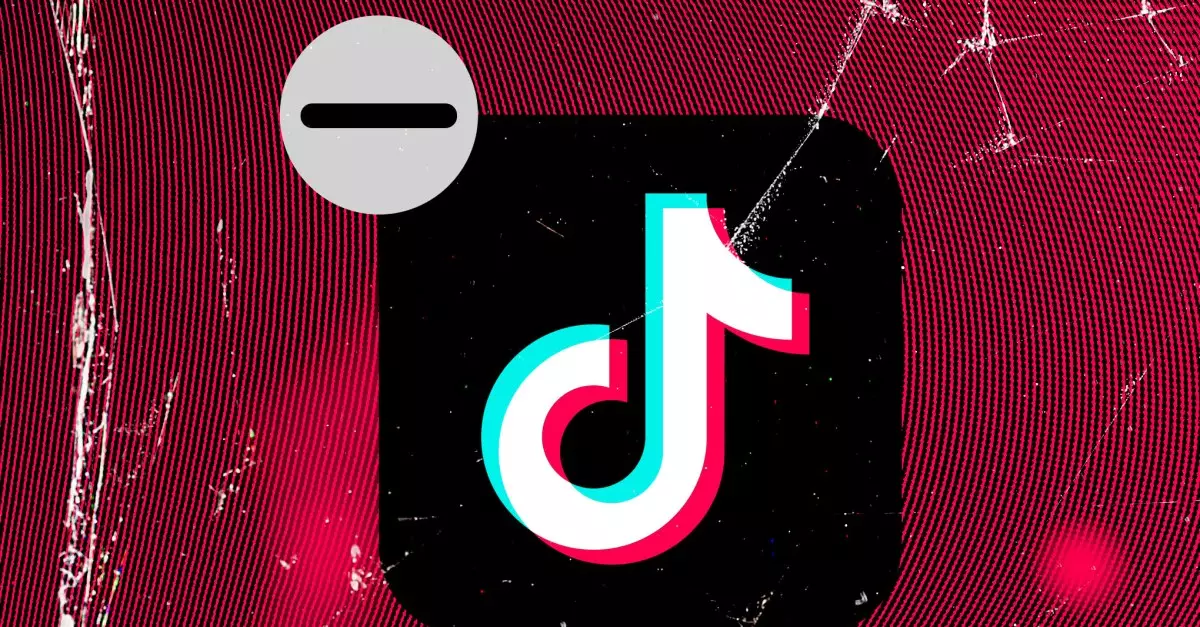The ongoing saga of TikTok in the United States encapsulates the complex interplay between technology, governance, and public access. Despite being one of the most popular social media platforms globally, TikTok remains conspicuously absent from the official app stores for Android and Apple devices in the US. This absence stems from a ban precipitated by security concerns, prompting the company to adopt alternative download methods.
In an effort to circumvent the restrictions imposed by major app stores, TikTok has introduced an innovative solution. Android users can now download the app directly from TikTok’s official website. This method marks a significant shift, allowing users to bypass the barriers set by Google Play. With this direct download option, users can also access TikTok Lite, a version of the app optimized for users with slower internet connections. By facilitating a straightforward installation process, TikTok has streamlined what was previously an arduous task, allowing users to update or install the app quickly.
While TikTok’s new download strategy may seem user-friendly, it is not without its implications. Sideloading, or downloading apps from outside the official app stores, poses potential security risks that users should consider. Although TikTok insists that its application remains safe and secure—citing audits by firms like Oracle—users may still feel apprehensive about the integrity of downloading applications from unofficial sources. This issue is accentuated by the skepticism surrounding former efforts, notably Project Texas, to mollify US legislators over concerns regarding data security and surveillance.
For iPhone users, the situation is markedly different. Apple’s strict guidelines prohibit the sideloading of apps, which leaves iOS users compelled to use TikTok via their web browsers until further action is taken by Apple regarding its App Store policies. This limitation can frustrate users who prefer app functionality over web browsing experiences, placing them at a distinct disadvantage compared to their Android counterparts.
The ongoing situation underscores an essential debate regarding the role of app stores in facilitating or hindering access to technology. Both Google and Apple have vested interests in adhering to governmental regulations, particularly given the potential financial ramifications of defying a federal ban. Such tensions illustrate the power dynamics at play, where popular applications are caught in the crosshairs of geopolitical controversies and corporate policies.
As TikTok navigates this challenging landscape, the future remains uncertain. The company’s ability to maintain its user base amidst shifting regulations will be a critical element in its ongoing strategy. While direct downloads present an immediate fix, the long-term implications for user trust, security, and market position are yet to be fully realized. The evolving relationship between tech firms and governmental oversight will undoubtedly continue to shape the experience of millions of users in the United States and beyond.

